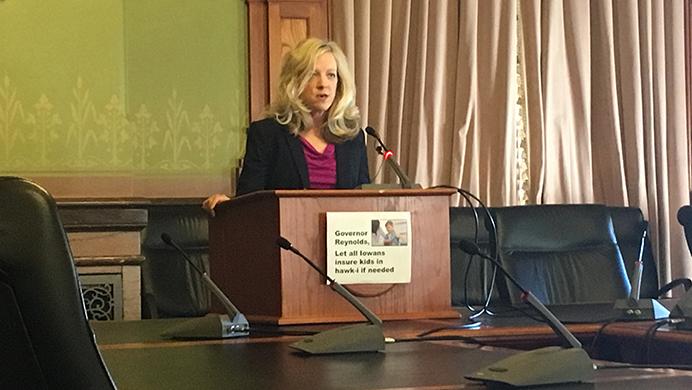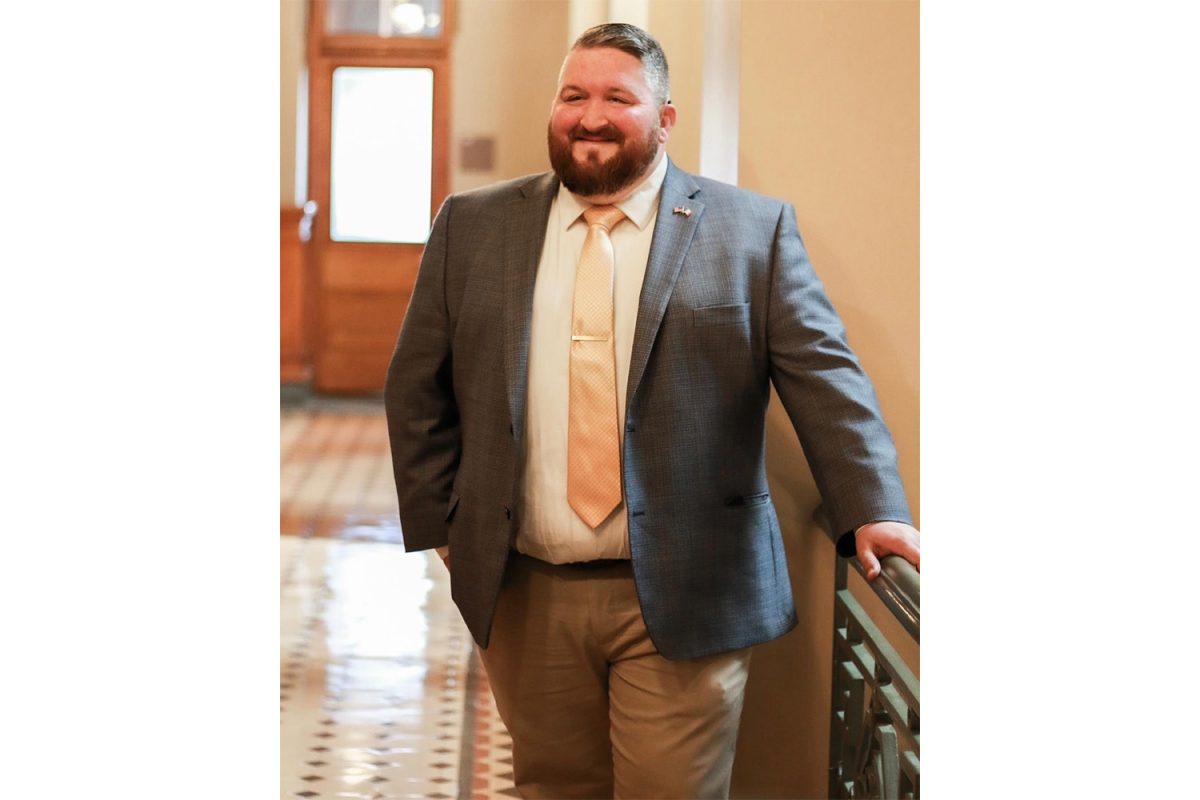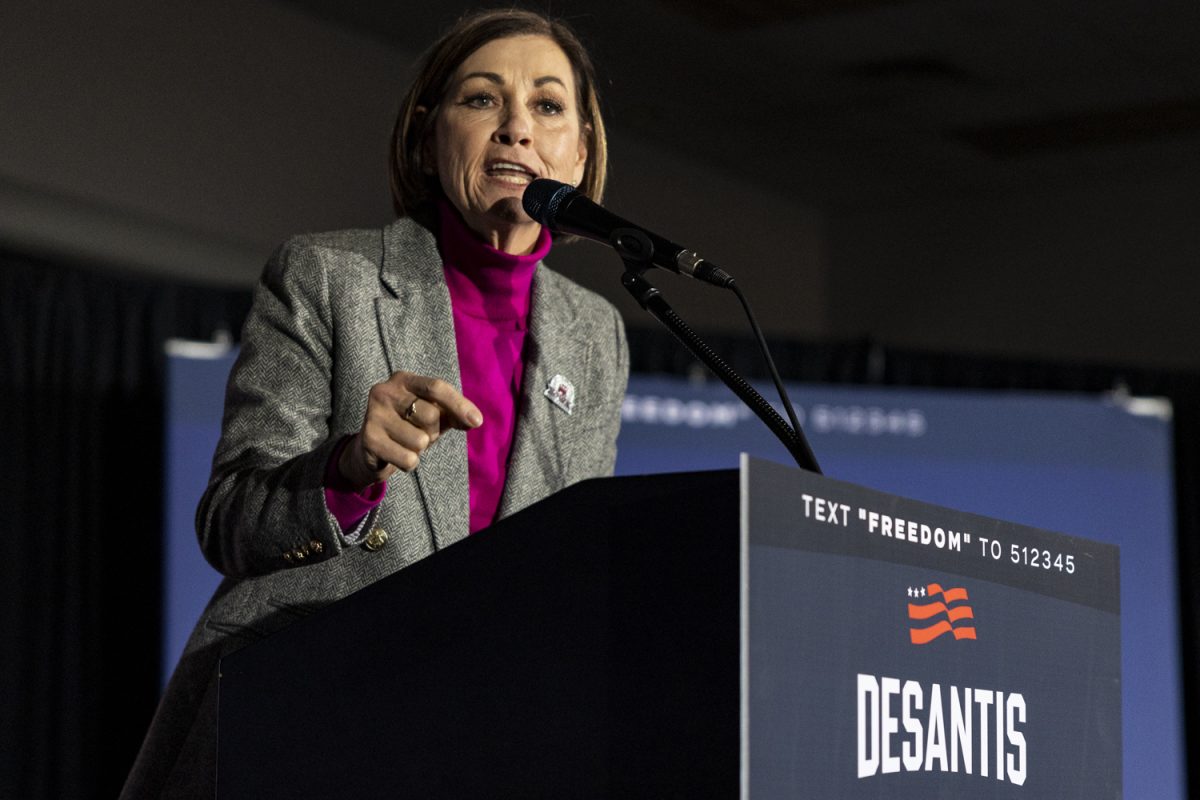Sen. Janet Petersen, D-Des Moines, has proposed a plan to guarantee 11,000 of Iowa’s children remain insured in 2018.
“There is a very real possibility that 72,000 Iowans could be without health insurance next year,” she said. “More than 11,000 children belong to these families.”
Petersen outlined the plan during a meeting at the State Capitol on Monday morning. Her plan would allow Iowa’s low-income families to purchase insurance through the state’s existing children’s health-insurance program, Healthy and Well Kids in Iowa, which is provided through the Iowa Department of Human Resources.
Petersen urged Gov. Kim Reynolds to support the plan to expand access to hawk-i to families up to 300 percent above the federal poverty level.
The people in danger of losing coverage, Petersen said, are those in the individual health-insurance market.
“They are business owners, self-employed, or work for organizations that don’t offer group plans,” she said.
Right now, Medica — a health-services company based in Minneapolis and active in the Midwest — is the only individual health-insurance provider left in the state.
“Wellmark and Aetna have already dropped out of the … market,” Petersen said. “Medica intends to stay … but it has requested a 43 percent rate increase.”
In June, Medica filed with the Iowa Insurance Division to continue selling individual health-insurance products in the 2018 coverage year.
“Medica conducted a thorough evaluation of the Iowa market before committing to a statewide filing,” Medica said in a June press release. “The analysis became increasingly important as insurers announced their plans to withdraw from the state.”
Geoff Bartsh, the Medica vice president of individual and family business, said in the press release that Medica filed to provide insurance for all Iowans.
“When you find yourself as the only ones between people getting access to care and people not getting access to care, your view of the situation becomes very different,” he said.
The same press release also announced the proposed 2018 rates Medica filed.
“For all products, the average filed rate increase is 43.5 percent,” the release said. “Medica noted that a number of risks remain with its decision to provide coverage across Iowa, which is why it filed a 43.5 percent rate increase.”
Bartsh noted in the press release that such high rate increases aren’t sustainable.
“We know this will impact people who do not currently receive a subsidy particularly hard,” he said.
In the long term, he said, the individual health-insurance market must be reformed.
“We will continue to work with federal and state officials to provide the certainty and stability needed for markets to succeed long-term,” Bartsh said.
However, Petersen said, there is no guarantee Medica won’t back out of Iowa later. Under her plan, she said, parents would be able to pay the full cost of insuring their children under hawk-i.
“This solution would not cost the state of Iowa additional money to help thousands of Iowa families,” Petersen said.
And, she said, because the cost of insuring children is relatively low, the program should be affordable for most.
Amy Shriver, a general pediatrician in Des Moines who also spoke at Monday’s meeting, stressed the importance of providing children with health insurance because it allows early intervention and prevention. That can avert additional expenses and health problems later on.
“Children can become expensive adults if their health needs aren’t properly addressed,” Shriver said.
Without access to health insurance, she said, the children of low-income families end up in emergency rooms after health problems have become crises.










